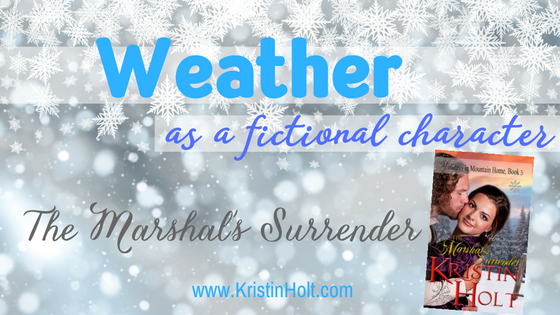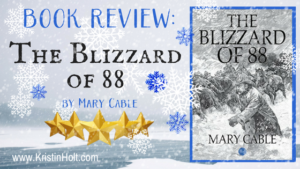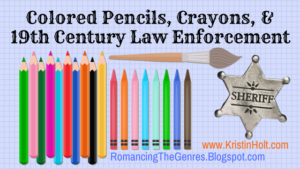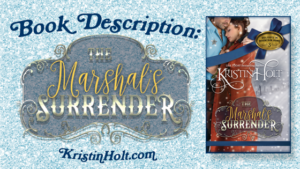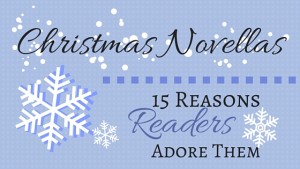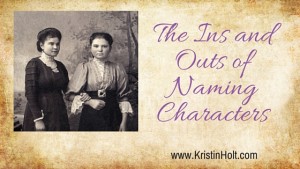Weather as a Fictional Character: The Marshal’s Surrender

.
Weather as a Fictional Character: The Marshal’s Surrender
.
As readers, we naturally think of people as characters in books. Certainly the hero and heroine are lead characters. Lots of secondary characters win our hearts–including the 4-legged furry and loyal kind. Pets are characters. As are monsters (think Sci-Fi).
.
Have you thought of the weather as a fictional character?
.
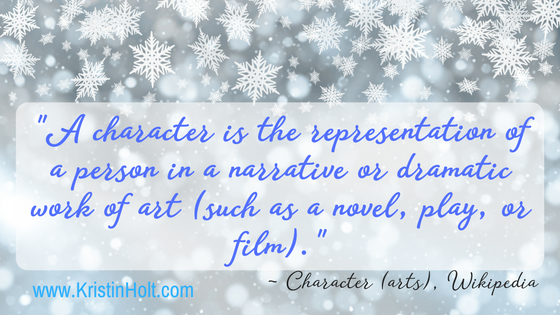
.
WHAT IS A CHARACTER?
.
Fictional characters:
.
- …show us who the hero/heroine is through their interaction
- …have unique personality traits (or are sometimes “cardboard cutouts” when those traits don’t matter, e.g. a briefly noticed server at a restaurant)
- …impact the story (see #1)
- …involve “the illusion of being a human person”
- …mimic and reflect real people (but no matter how much we fall in love with fictional heroes, they’re not real…or so says my hubby)
- …like real people, are flawed
- …like real people, have redeeming qualities
- …may be likeable or unlikable
- …may be a help to the main character, or a hindrance (Antagonist)
- …have reasons (motivation) for doing what they do
.
An antagonist may not always be a person or persons. In some cases, an antagonist may be a force, such as a tidal wave that destroys a city; a storm that causes havoc; or even a certain area’s conditions that are the root cause of a problem. An antagonist also may or may not create obstacles for the protagonist.
.
.
Societal norms or other rules also may be antagonists. (emphasis added).
.
~ Antagonist, Wikipedia
.

.
An unsympathetic character is one who remains elusive and unengaging to the reader. It’s not that the character is unlikeable. Unlikeable is fine, and often–as with everything from Lionel Shriver’s mother of a serial killer in We Need to Talk About Kevin to Shakespeare’s Richard III–the entire point. [sic]
.
A character can be sharp-witted, twisted, arrogant, contradictory, vain, narcissistic, boorish, even morally repugnant (think Tony Soprano)–as long as the reader understands the character’s motivations. When readers don’t respond, the problem isn’t the character’s misery or self-absorption or churlishness. (Here I’m thinking of Emma Bovary.) The problem is that the reader can’t see far enough beneath the character’s surface actions to understand the deeper feelings underneath.
.
..

.
WEATHER, A SIGNIFICANT SECONDARY CHARACTER
.
The Marshal’s Surrender is set in mid-December, 1900, in the Rocky Mountains of Colorado. In the best of circumstances, people got along just fine. They prepared for winter with ample firewood, stoves and fireplaces, barns, winter pastures closer to the main buildings and stores of hay and grain to feed the livestock. They were prepared with adequate clothing, axes to break the ice from watering troughs or streams, and food stores to see themselves (and neighbors in need) through ’til the next harvest. By 1900, the market sold anything a body could want and the train made daily deliveries of everything from oranges to nuts to ready-to-wear heavy denim trousers.
Mountain Home, Colorado, is one of my fictitious towns in a very real place. Mountain Home is patterned after mining towns of the same era like Leadville, Central City, and Georgetown, Colorado.
.
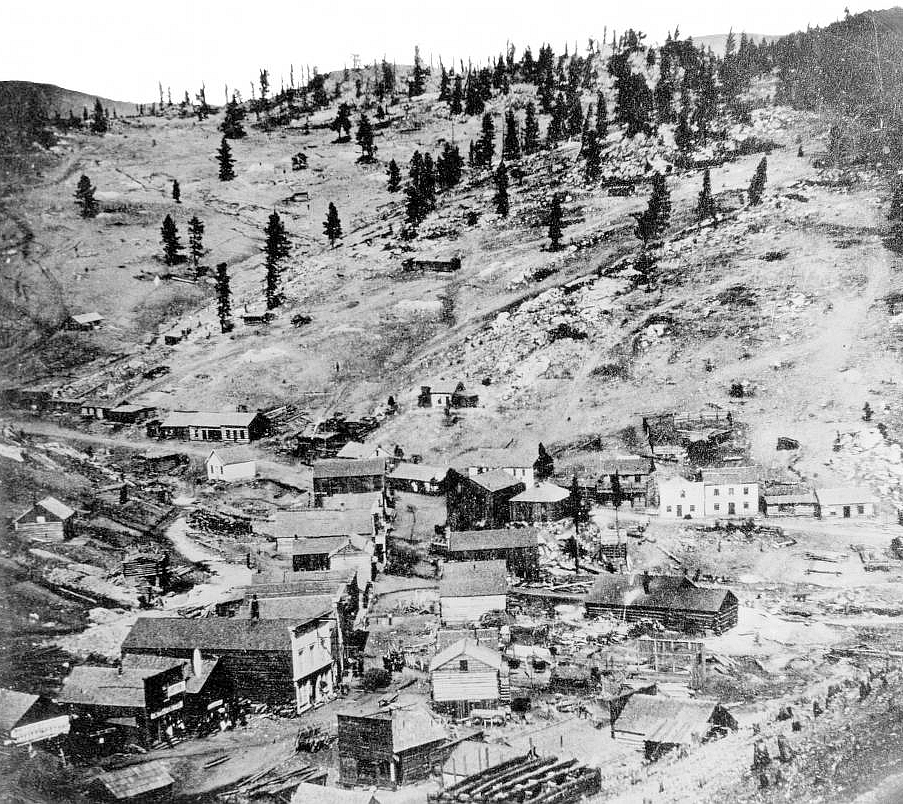
Central City, Colorado. 1862. Image: Public Domain, courtesy of Wikipedia.
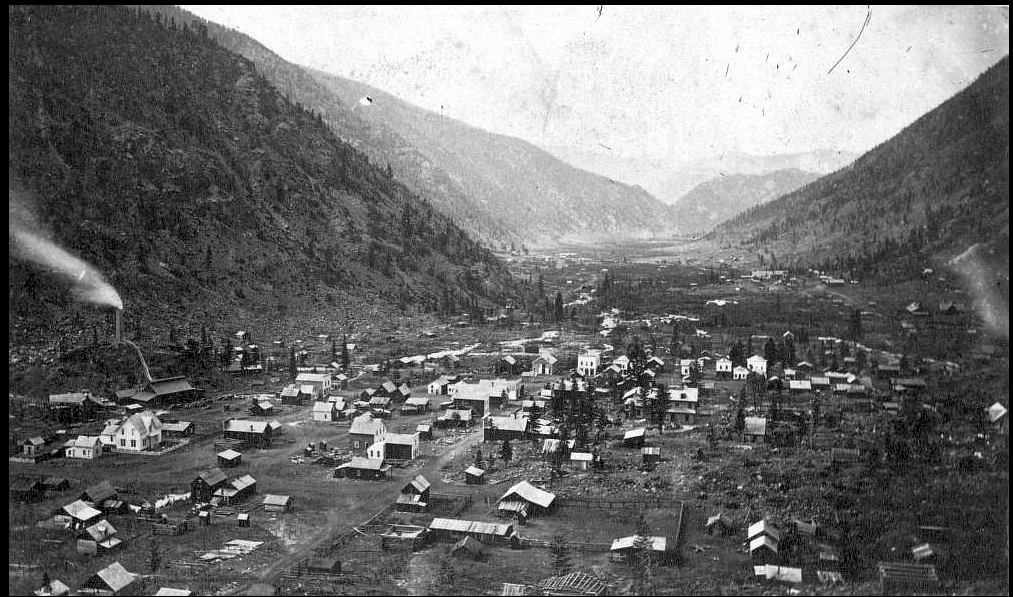
Georgetown, Colorado. 1867. Image: Public Domain, courtesy of Wikipedia.
.
SNOWFALL
.
Leadville’s average snowfall, in inches: November- 19.5″, December- 19.5″, January- 18.0″.
Georgetown’s average snowfall, in inches: November- 11.6″, December- 13.2″, January- 12.5″.
.
.
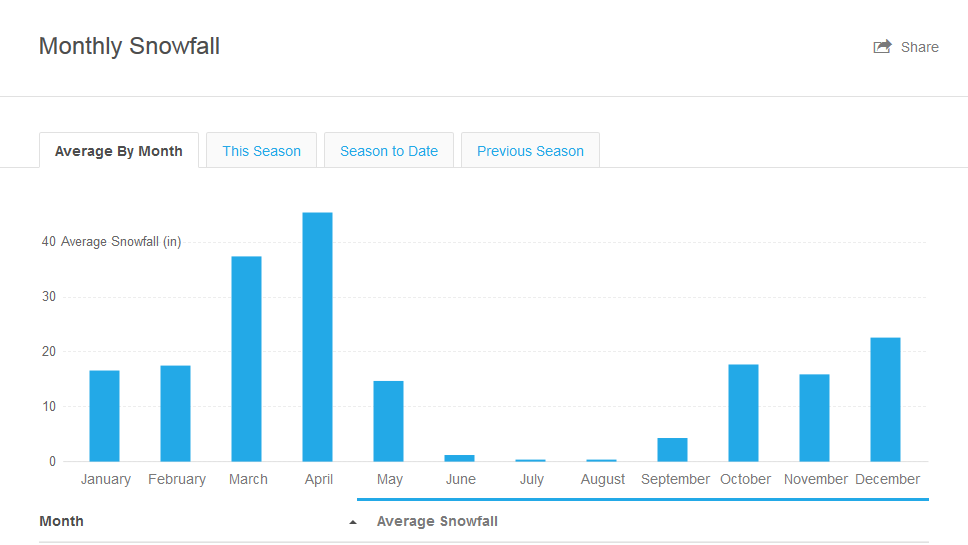
Central City, Colorado‘s monthly snowfall in inches. Image: Weather DB

.
With heavy winter snows like are known in this mining region of Colorado, it made sense in The Marshal’s Surrender, with the Ruffian Gang threatening Mountain Home and intentionally leveraging the weather against the law, that Winter take on a villain’s role.
.
Winter is both a setting and a character. Winter is where and when this story takes place. Like a palatial throne room or Caribbean island, the scents, sights, tastes, surroundings, temperatures, lighting–involve the characters’ senses. Winter is also an entity that causes setbacks, impacts the senses (blizzards impair sight, the ability to hear, masks clues like horses’ hoof-prints) and threatens life. Exposure in wintry threatening circumstances can easily lead to death–just like a showdown with a powerful villain.
.
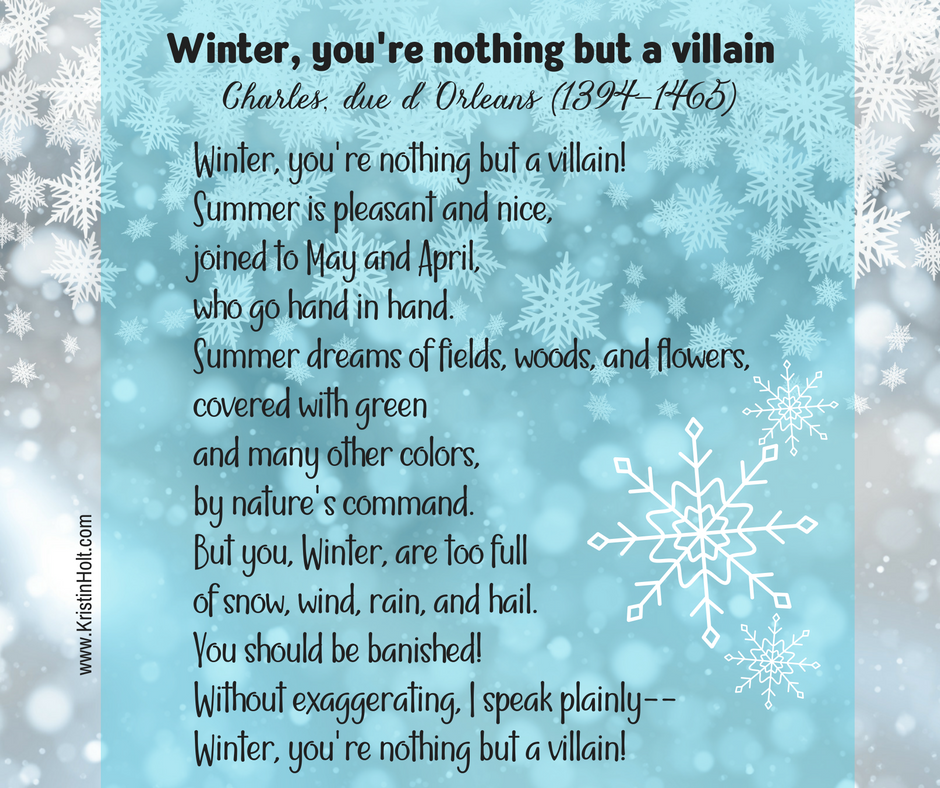
Poem Source: Friends of the Wild Flower Garden, Inc.
.
Villains:
.
- … show the strength of the hero [or heroine] (the stronger the villain, the stronger the hero)
- … ensure the hero can’t win too easily (no conflict, no story)
- … are important characters to the story
- … are characters readers love to hate
- … are convinced they’re the good guy, thus when not an inanimate object (like “winter”, though some would argue winter has a mind of its own), the villain has an objective
- … can be merciless and show no mercy, even to the innocent
- … sometimes earn comeuppance
- … might be who/what the hero triumphs over, but often the hero triumphs over something within himself (especially in a romance) (limiting beliefs, erroneous beliefs, baggage, etc.)
- … posses redeeming qualities, as no one is entirely bad (nor entirely good, so heroes have negative qualities too)
- … can be larger than life
- … aren’t always identified
.
That lack of identity (who are we fighting against?) is one of the challenges U.S. Marshal-turned-Sheriff August “Gus” Rose is up against. He knows the gang of bandits terrorizing his town have an agenda, but he doesn’t yet know why. He doesn’t even know who the bad guys are–yet, but he’s determined to uncover the truth. As the book’s opening pages reveal, the community has taken to calling the bandits the “Ruffian Gang” for lack of anything specific. Identifying the villainous men is one of Gus’s greatest challenges, and Winter, in its villain role, frustrates Gus’s efforts to protect people and their property.
.

.
The Marshal’s Surrender
.
.
.

.
Related Articles
.
.
Updated August 2022
Copyright © 2016 Kristin Holt LC
Weather as a Fictional Character: The Marshal’s Surrender

